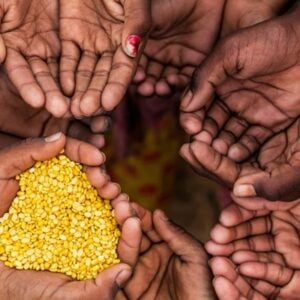The United Nations World Food Programme (WFP) and the Qatar Fund for Development (QFFD) have signed a strategic agreement providing US$10 million in flexible funding over two years to deliver rapid, lifesaving assistance wherever hunger strikes, from sudden emergencies to protracted crises worldwide. Signed during the 80th session of the United Nations General Assembly, this contribution represents Qatar’s latest flexible multilateral core support to WFP’s global operations and is earmarked for use between 2025 and 2026.
WFP Executive Director Cindy McCain emphasized that Qatar’s predictable and flexible funding strengthens the agency’s ability to respond quickly and effectively to hunger crises, allowing for lifesaving food assistance in urgent situations. Mr. Fahad Hamad Al-Sulaiti, Director General of QFFD, highlighted Qatar’s commitment to addressing both immediate humanitarian needs and long-term solutions, promoting food security, resilience, and sustainable prosperity through innovative approaches.
Flexible funding enables WFP to maximize its impact on vulnerable communities. In 2024, these unearmarked resources helped the agency reach people in 87 countries, allowing rapid response to emergencies, early action to prevent hunger during extreme weather events, and long-term programs that strengthen community resilience to future shocks.
Qatar’s support is particularly critical in the MENA region and in least developed countries, where conflict, economic instability, and climate change continue to exacerbate hunger. In 2025, WFP requires US$16.9 billion to assist 123 million people globally, including US$5.6 billion for operations in the MENA region alone.
The global hunger crisis remains severe, with acute food insecurity affecting 343 million people across 74 countries. Famine is currently unfolding in Gaza and Sudan, with an estimated 1.9 million people either in famine or on the brink, including critical pockets in South Sudan, Haiti, and Mali. WFP calls on all partners to prioritize flexible funding, recognizing it as one of the most effective tools to save lives, build resilience, and provide hope where needs are greatest.






